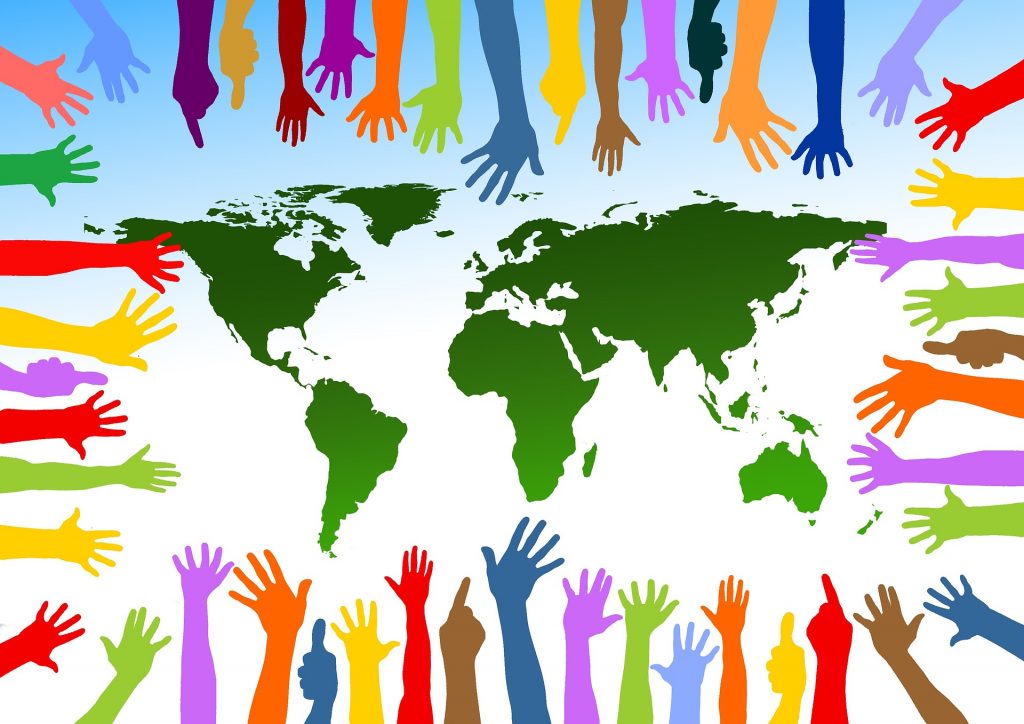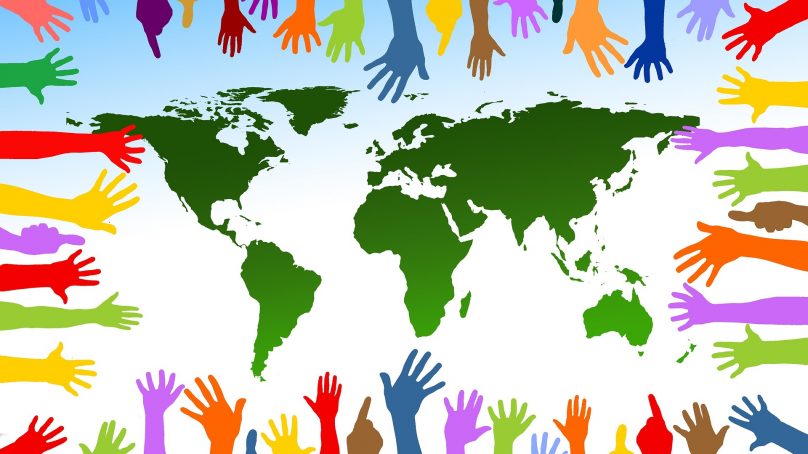 The International Organization for Standardization (ISO) has published the world’s first standard on accessible tourism, ISO 21902 Tourism and related services – Accessible tourism for all – Requirements and recommendations. This is an international standard offering guidelines to ensure access and enjoyment of tourism for all on an equal basis.
The International Organization for Standardization (ISO) has published the world’s first standard on accessible tourism, ISO 21902 Tourism and related services – Accessible tourism for all – Requirements and recommendations. This is an international standard offering guidelines to ensure access and enjoyment of tourism for all on an equal basis.
The World Tourism Organization (UNWTO), Fundación ONCE and UNE (Asociación Española de Normalización) led the development of this cross-cutting standard on an international level, focusing on accessible tourism throughout the whole value chain of the tourism sector.
This business represents a potential market of 80 million persons, or 130 million if companions are included in the European Union. The market is growing considering the population pyramid in many European countries, and this is also the case for other parts of the world. On average, persons with disabilities spend 30 percent more (800 EUR per trip as opposed to 600 EUR), according to UNWTO.
As from today, this standard is available in Spanish as UNE-ISO 21902, having been translated and included in the UNE national catalogue of standards. It addresses service providers and tourism operators as well as public administrations and tourism destinations.
The UNE-ISO 21902 standard establishes requirements and recommendations for accessible tourism. For example, in order for a beach to be considered accessible, it must offer showers, toilets and a route that can be used by all. Also, accessible pedestrian routes in a natural environment must provide, among other requirements, a continuous, firm and stable floor and signalling and must offer details on the itinerary before the start of the route. In general, in their written communications, tourism establishments must use clear and simple language following a logical sequence, with images and graphic symbols where appropriate, and with contrasting colors and easy-to-read fonts.
Throughout 2021 and 2022, UNWTO, Fundación ONCE and UNE, together with experts, will hold an awareness campaign addressing their members and associates to stress the harmonization of accessible tourism on a global scale by means of standards.





















